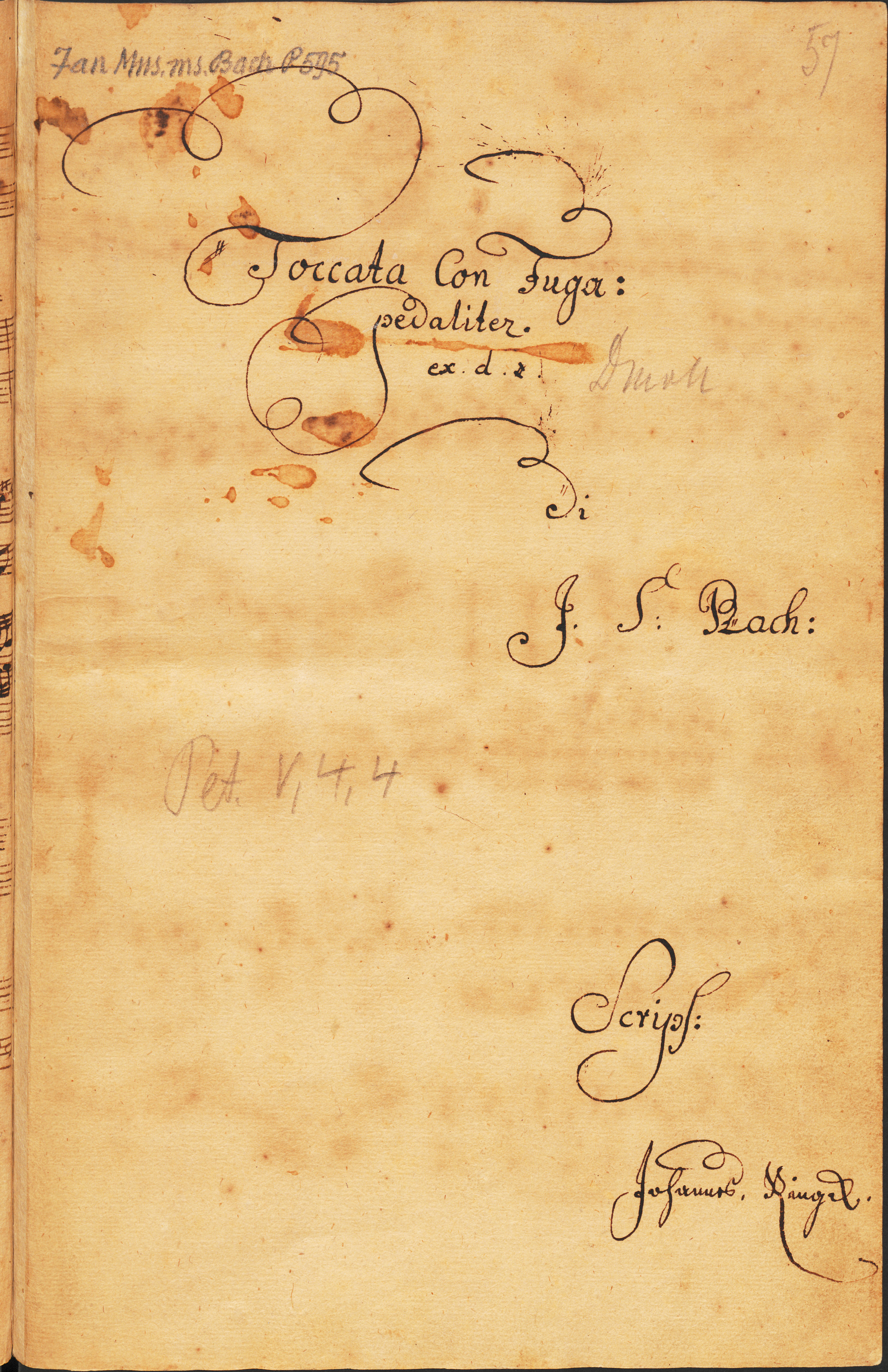Ringk (score) on:
[Wikipedia]
[Google]
[Amazon]
 Johannes Ringk, or Ringck (26 June 1717 – 24 August 1778), was a German
Johannes Ringk, or Ringck (26 June 1717 – 24 August 1778), was a German
 Johannes Ringk, or Ringck (26 June 1717 – 24 August 1778), was a German
Johannes Ringk, or Ringck (26 June 1717 – 24 August 1778), was a German composer
A composer is a person who writes music. The term is especially used to indicate composers of Western classical music, or those who are composers by occupation. Many composers are, or were, also skilled performers of music.
Etymology and Defi ...
and organist.
He was born in Frankenhain, in present-day Thuringia, and studied organ with Johann Peter Kellner in Gräfenroda and Gottfried Heinrich Stölzel in Gotha. From 1740 he was a music teacher in Berlin, and in 1754 he was appointed organist of the Marienkirche, where he remained until his death. Contemporaries held a high opinion of his organ playing and ability at fugal
In music, a fugue () is a contrapuntal compositional technique in two or more voices, built on a subject (a musical theme) that is introduced at the beginning in imitation (repetition at different pitches) and which recurs frequently in the c ...
extemporisation.
He composed organ works, concerto
A concerto (; plural ''concertos'', or ''concerti'' from the Italian plural) is, from the late Baroque era, mostly understood as an instrumental composition, written for one or more soloists accompanied by an orchestra or other ensemble. The typi ...
s and possibly an opera, but is most remembered today for the numerous copies he made, often the only ones now remaining, of works by more notable composers. Amongst these copies in his hand are Johann Sebastian Bach's cantata
A cantata (; ; literally "sung", past participle feminine singular of the Italian verb ''cantare'', "to sing") is a vocal composition with an instrumental accompaniment, typically in several movements, often involving a choir.
The meaning of ...
''Weichet nur, betrübte Schatten, BWV 202
''Weichet nur, betrübte Schatten'' (Dissipate, you troublesome shadows), BWV202, is a secular cantata by Johann Sebastian Bach. It was likely composed for a wedding, but scholars disagree on the dating which could be as early as Bach's tenure in ...
'' and the oldest copy of the famous Toccata and Fugue in D minor, BWV 565. It is possible that the copies were made from versions in Kellner's collection, who was a pupil of Bach. The copies in Kellner's collection, which were made about 1725, are today one of the most important sources of Bach's work.
References
* * – reviews speculation that J.S. Bach did not compose the work. 1717 births 1778 deaths 18th-century classical composers 18th-century keyboardists German Baroque composers German classical organists German male organists German male classical composers Organ improvisers 18th-century German composers 18th-century German male musicians Male classical organists {{composer-stub